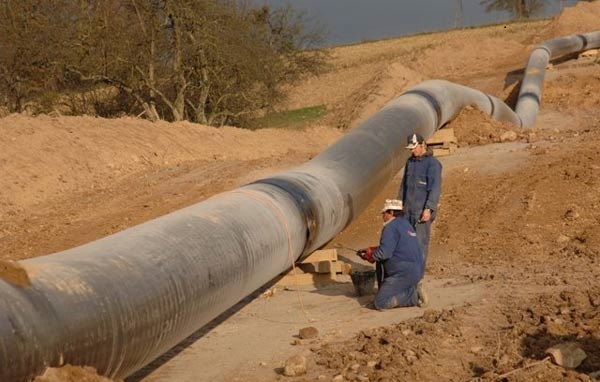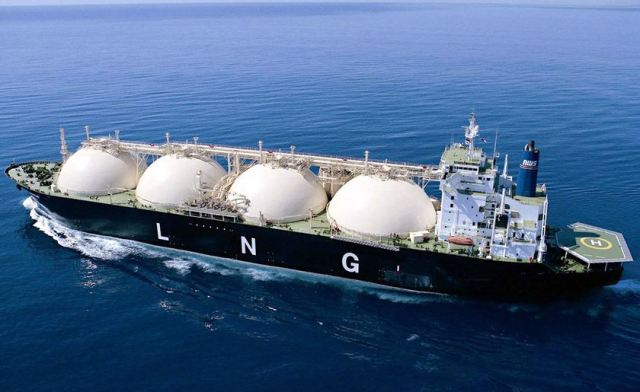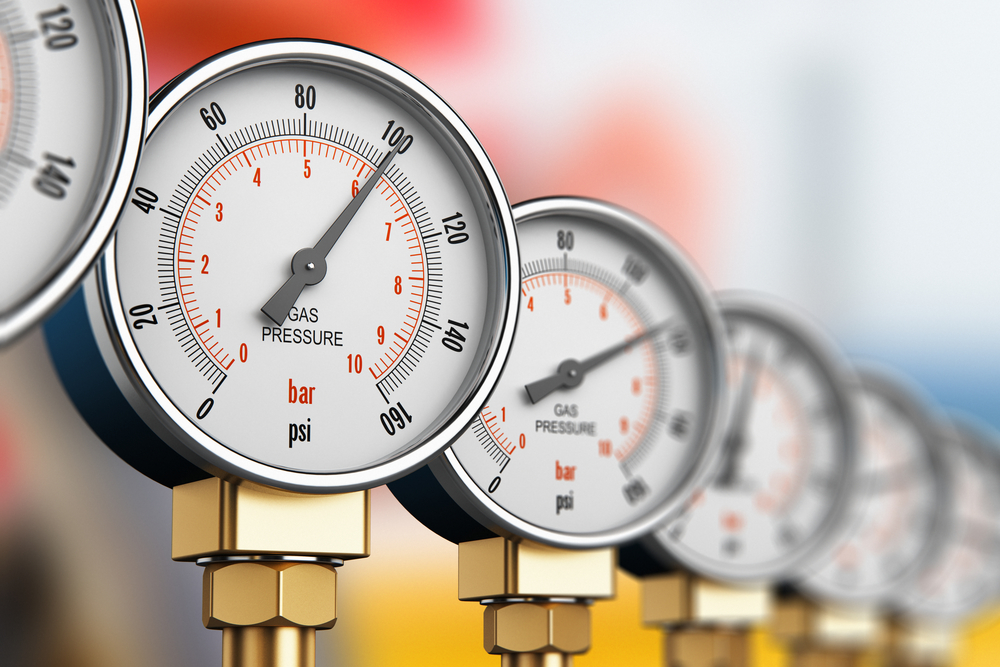Eyes on alternative gas connections

The demise of the Nabucco natural gas pipeline venture hasn’t thwarted the Hungarian government’s ambitions to reduce the country’s dependence on Russian supplies. The developments increase the significance of planned interconnector stations with neighboring countries.
When Azerbaijan dealt a final blow to the Nabucco natural gas pipeline at the turn of the month by awarding its natural gas resources to a rival project, Hungary’s government quickly stated that it wasn’t left distraught by the events and would be looking for alternative means to realize its strategic goals in energy policy. Nabucco was to deliver gas from the Turkish border through Central Europe to Austria.
“Supply security, diversification and the integration of the energy market remain decisive parts of the national energy policy,” the National Development ministry said, commenting after the announcement that Nabucco had been dropped as an option.
It stressed that the government has already made serious headway in improving the country’s energy security by assuming state control over strategic natural gas reserves and the creation of interconnectors with Romania and Croatia. Plans to establish a similar link with Slovakia as well as joining the two countries’ electricity grids is also high on the agenda, something Prime Minister Viktor Orbán underlined when he recently received his Slovak counterpart Robert Fico for top-level talks in Budapest.
The ministry reaffirmed that it remains committed to the initiative started under Hungary’s EU presidency in 2012, which involves unifying energy markets from the Baltic Sea to the Adriatic and creating a north-to-south energy corridor by establishing missing infrastructure under the Visegrad-4 imitative.
Energy in unity
The Hungarian effort is receiving strong support from the European Union, since it echoes the bloc’s targets in general. EU leaders met at the end of May in Brussels where they finalized a decision to create a unified market that would lower costs, allow power plants to stay in operation and preserve jobs
“We reaffirmed the deadlines. We set ourselves in February 2011 to have all rules and standards in place by 2014 and no country left unconnected to the common grid by 2015. There is no time to lose, it would bring down prices and could save Europeans collectively each year up to €30 billion in both gas and electricity,” European Council President Herman Van Rompuy said after the session.
Besides the gains in efficiency inherent to a unified market, the EU leaders also agreed on the need to make sure each state can reduce its external dependence as much as possible. “Import-wise, making sure no country relies on a single supplier or supply route and production-wise exploiting Europe’s energy potential to the full,” is key, Van Rompuy said about the plans.
Getting there
With Nabucco out of the picture and because the South Stream pipeline will also be supplying Russian gas, Hungary will focus more on unification but as the National Development ministry stated, it remains interested in getting Azeri supplies. Exactly how this would be achieved remains unclear. The Trans-Adriatic Pipeline, which beat Nabucco to the Azeri gas contract, terminates in Italy, meaning it’s a fair distance away and the international links would necessitate serious infrastructural developments in other countries as well.
The Budapest Business Journal enquired about the specifics but received no concrete answers. Edina Lakatos, spokeswoman for the gas transmission network Földgázszállító, said the government has yet to start specific discussions on the matter. The National Development Ministry’s press department said the issue is currently being evaluated and added that the plans will likely be finalized in the autumn.
Knowledge of exactly what alternatives are available is crucial to the Hungarian state, which is set to have its long-term supply contract renegotiated with Russian energy group Gazprom in 2015.
Russian dominance
Hungary has made efforts, along with the EU, to seek out alternative sources of natural gas, seeing that the one-sided Russian supply carries risks and is also likely not the most financially advantageous option. Gazprom typically signs long-term agreements that often span decades and normally demands a fixed price, which is payable even if the receiving country doesn’t need all of the gas agreed for the given period of time.
This is the reason that many in the EU would prefer the procurement of natural gas to happen through exchanges, where the price is determined by spot supply and demand. In response, Gazprom has repeatedly stated that the risks stemming from price fluctuations are far greater than having a predictable and reliable deal in place.
For the time being, Hungary imports around 80% of its annual natural gas requirements from its Russian partner.
SUPPORT THE BUDAPEST BUSINESS JOURNAL
Producing journalism that is worthy of the name is a costly business. For 27 years, the publishers, editors and reporters of the Budapest Business Journal have striven to bring you business news that works, information that you can trust, that is factual, accurate and presented without fear or favor.
Newspaper organizations across the globe have struggled to find a business model that allows them to continue to excel, without compromising their ability to perform. Most recently, some have experimented with the idea of involving their most important stakeholders, their readers.
We would like to offer that same opportunity to our readers. We would like to invite you to help us deliver the quality business journalism you require. Hit our Support the BBJ button and you can choose the how much and how often you send us your contributions.









